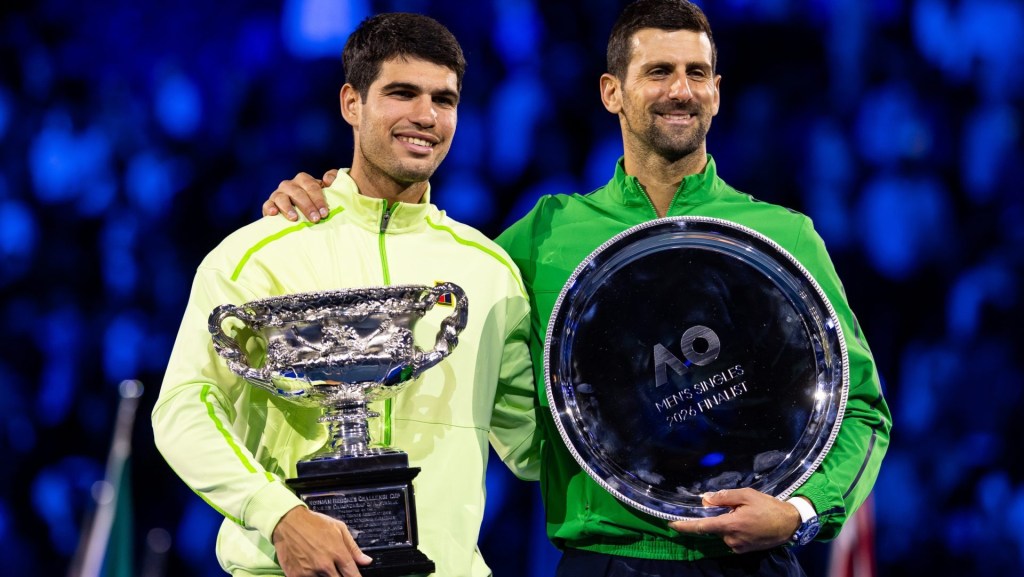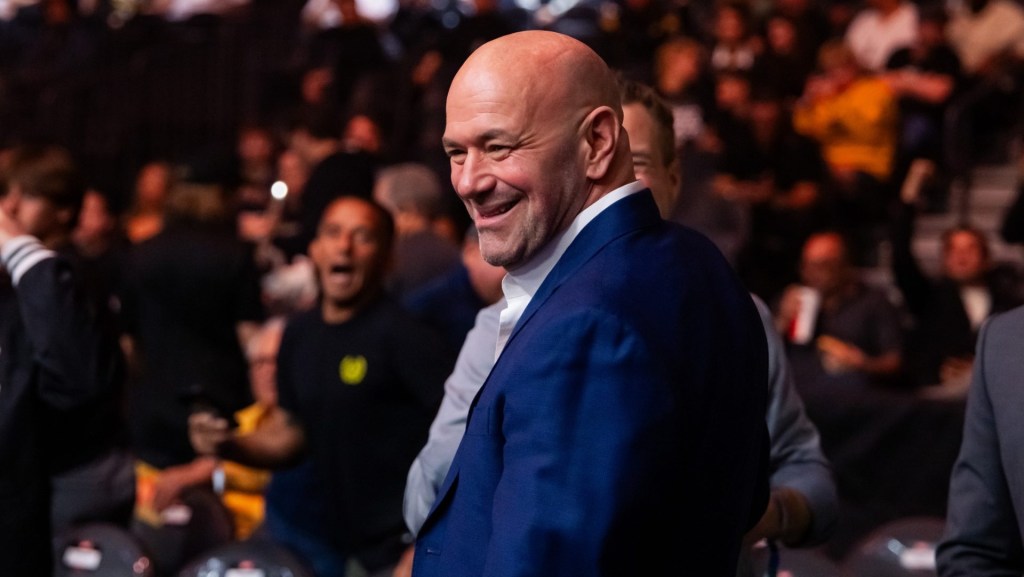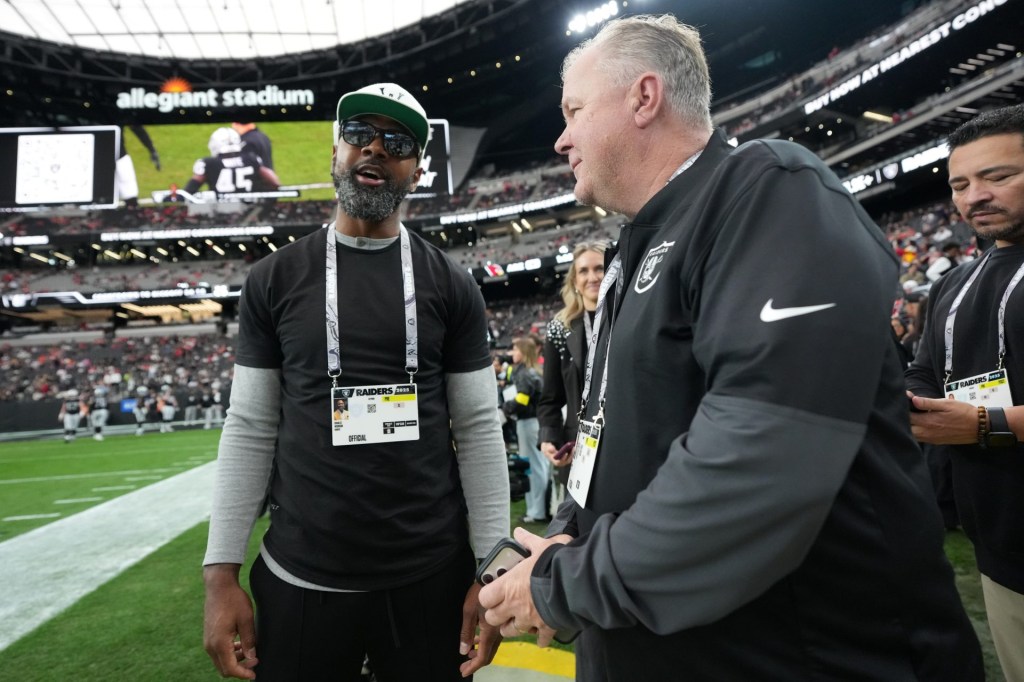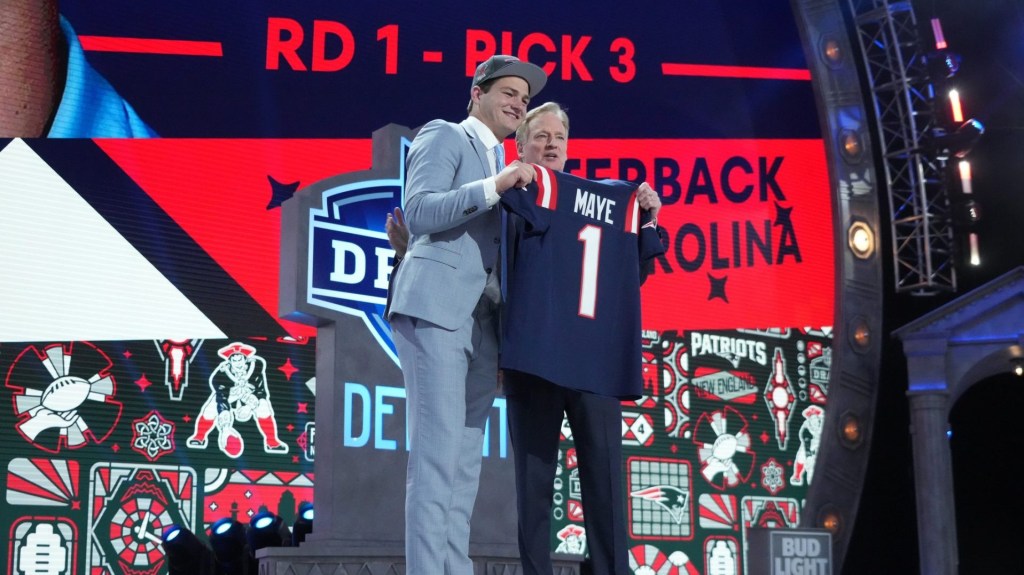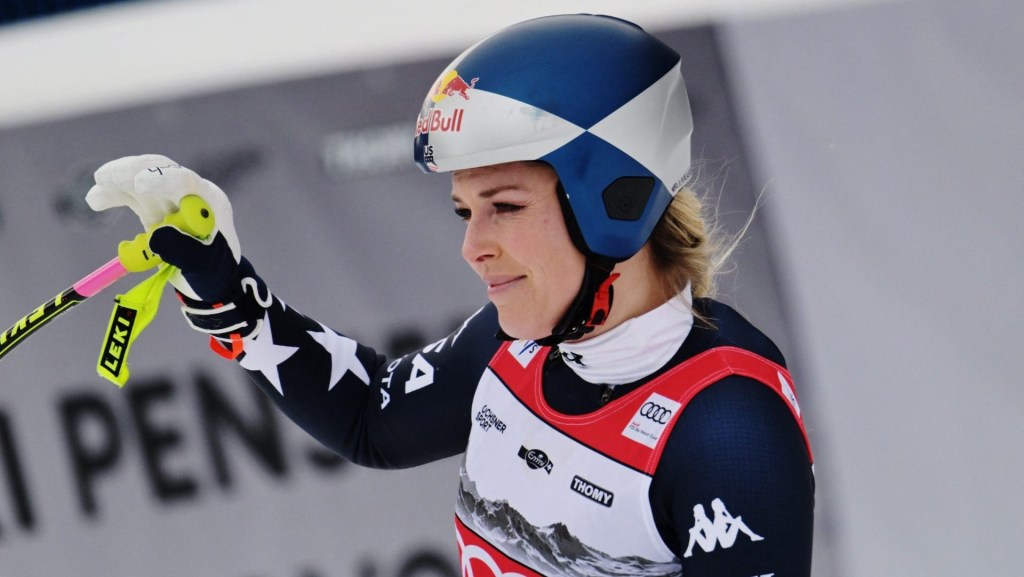On Wednesday, the WTA announced that women’s tennis players who choose to embark on fertility treatment, like egg or embryo freezing, will return with a protected ranking.
“One of the key reasons why this is important to players and the WTA is because there is this time period where peak athletic performance overlaps with the time of peak fertility,” WTA CEO Portia Archer told Front Office Sports. “Players are trying to figure out how to balance and optimize those two things which are oftentimes in competition with one another. This allows players to explore fertility treatment and not have to worry about rushing back to play.”
The WTA said it’s been in conversations with players regarding fertility policies for a number of years. Over the last 12 months conversations “rapidly accelerated,” leading to the new rule.
The player ranking protection for fertility treatment—believed to be the first of its kind for individual professional sports like tennis, golf, and track and field—will protect players in the top 750 out of competition for at least 10 consecutive weeks. Those players will be eligible to receive a special entry ranking which can be used to enter up to three tournaments at a WTA 500, 250, or 125 level event. This ranking cannot be used to enter WTA 1000 events, the top tier below Grand Slams..
“We pride ourselves on being trailblazers,” Archer said.
In March the WTA announced that for the first time in the history of the tour, players would receive paid maternity leave of up to 12 months through a program funded by the Public Investment Fund of Saudi Arabia. This new policy was added to complement the paid maternity leave and operates on a separate timeline.
Sloan Stephens, winner of the 2017 U.S. Open and eight WTA singles titles, has been vocal about the issue in the past.
“The WTA has now created a safe space for players to explore options and to make the best decisions for themselves,” Stephens said in a statement released Wednesday. “It’s truly ground-breaking and will empower this generation, and future generations of players, to continue with the sport they love without having to compromise.”



